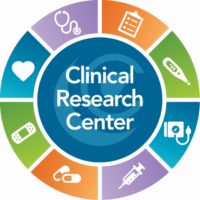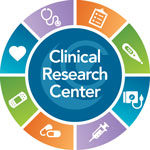By Julie Carrico, MBA, CCRC The term cardiovascular disease is an umbrella term for many types of conditions that affect the heart and blood vessels. These conditions include heart attack, stroke, heart failure, arrhythmia, heart valve problems and peripheral artery disease (“poor circulation”). Peripheral artery disease occurs when arteries narrowed by the accumulation of fatty […]
Clinical Research Blog
Clinical Research Center
Clinical trials are an important part of improving health care. The Corvallis Clinic's Clinical Research staff shares their insights and updates.
What is your diabetes tipping point?
By Julie Carrico, MBA, CCRC In our work at The Clinical Research Center we have observed that patient ownership for managing Type 2 diabetes runs the gamut from Rocky Balboa’s “Eye of the Tiger” to Doris Day’s “Que Sera Sera.” For example, some people leave their physician’s office and immediately develop a strategy to plan […]
Taking a break from Alzheimer’s disease research studies
By Julie Carrico, MBA, CCRC You might have noticed over the last five years that the Clinical Research Center has written a LOT about Alzheimer’s disease. Our webpage features a sweet one-minute video our center produced that stars a (real) couple who are engaged in the search for effective treatment. The Clinical Research Center Facebook […]
Placebo-treated volunteers: Why are they so important in a study?
By Julie Carrico, MBA, CCRC Patients today seem to know a lot more about clinical trials than when I started my career in the mid-1980s. Phrases that used to require a lot of patient education, such as double blind or informed consent document or placebo, are often already understood by the patient volunteers. This newfound […]
A world without clinical research would be a real headache
By Rylee Salutregui Clinical Research Center Intern Imagine waking up with an excruciating headache. You stumble into the bathroom, open the medicine cabinet, look in, and find … nothing. It’s empty. You then wander around and decide that the store should have something to take for the pain. So, you drive to it and walk […]


